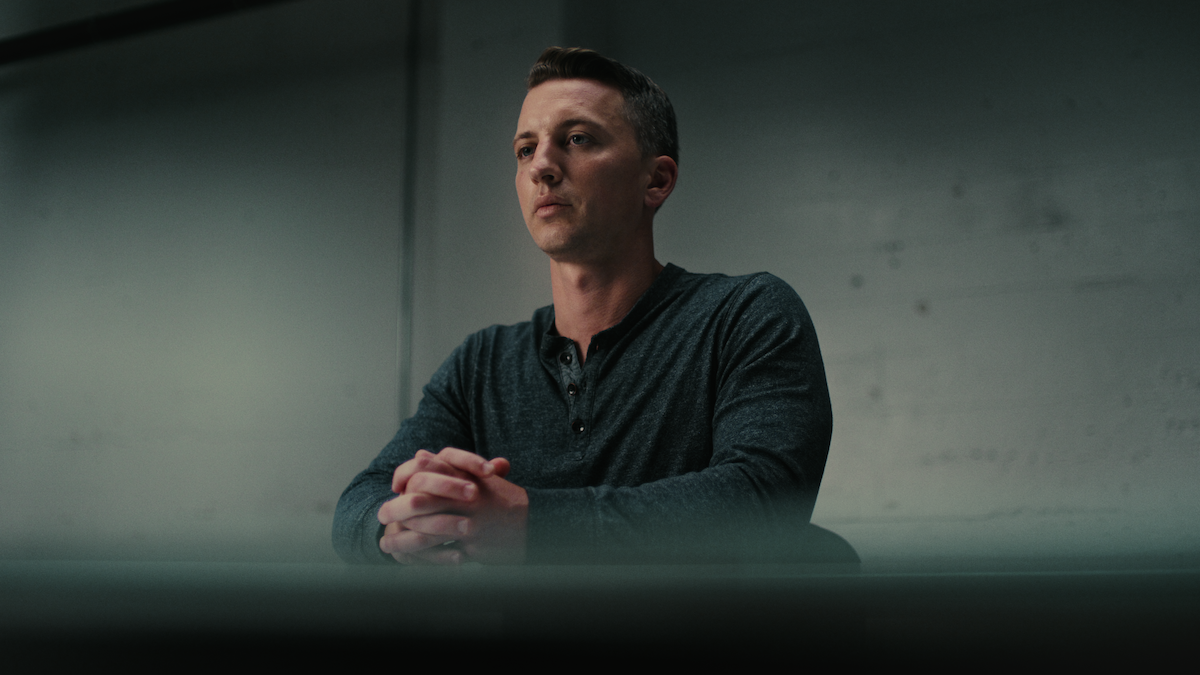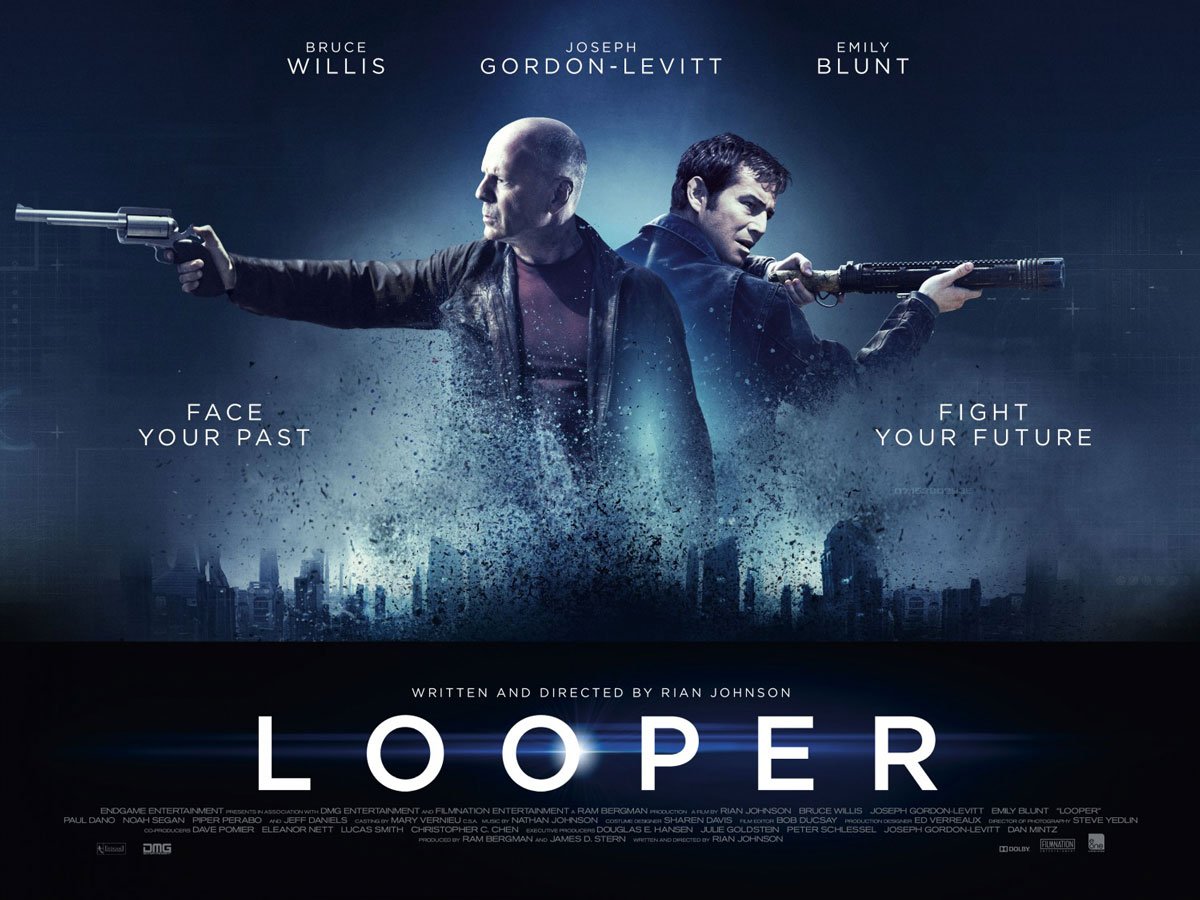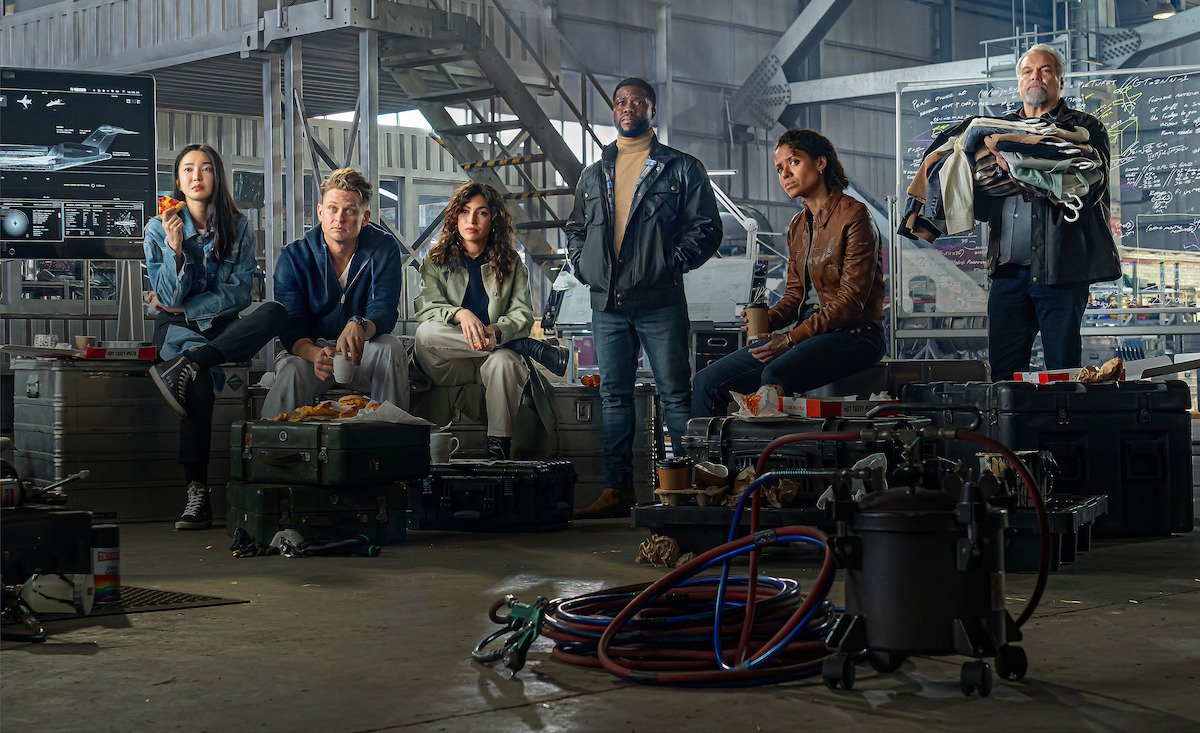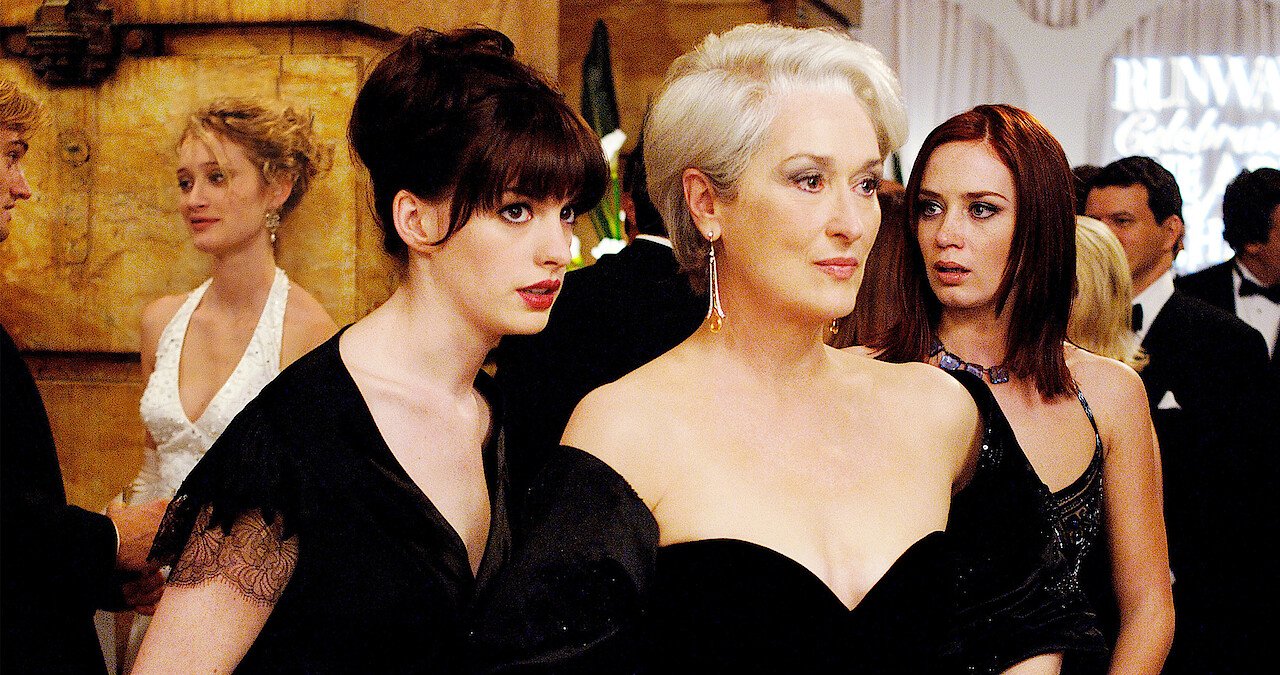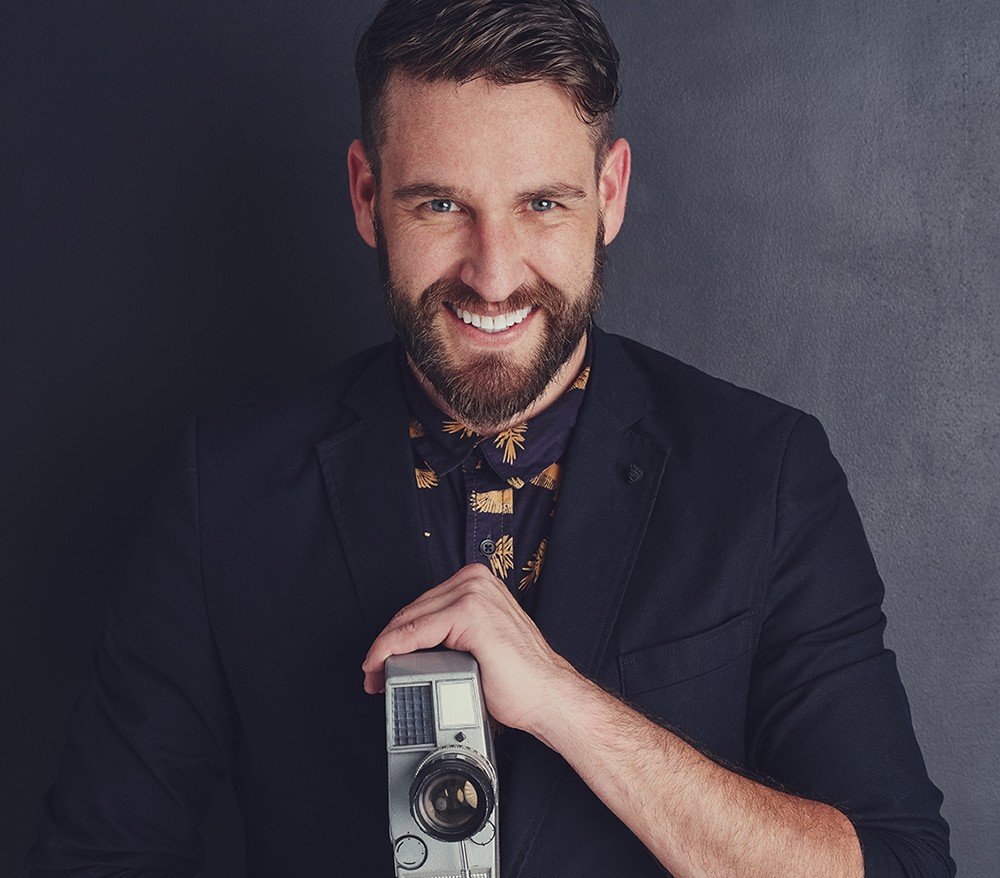Denise Huskins and Aaron Quinn know you have questions about what actually happened to them in 2015. They do, too.
“I don’t want to disappoint people, but the truth is, we don’t have all the answers,” Huskins tells Tudum. “We’re never going to get the answers. We’ve had a long road of trying to accept that.”
That search for answers is the subject of American Nightmare, the new doc series from The Tinder Swindler filmmakers Felicity Morris and Bernadette Higgins. The three-part series is an unflinching journey through Huskins’ and Quinn’s harrowing experience, beginning on March 23, 2015, when the pair were awakened in the middle of the night by a home invader. Quinn called the police and explained what happened, saying the intruder had tied them up, drugged them, and taken Huskins for ransom. Investigators, including Detective Mat Mustard with the Vallejo police department and FBI case agent David Sesma, didn’t believe Quinn’s story.
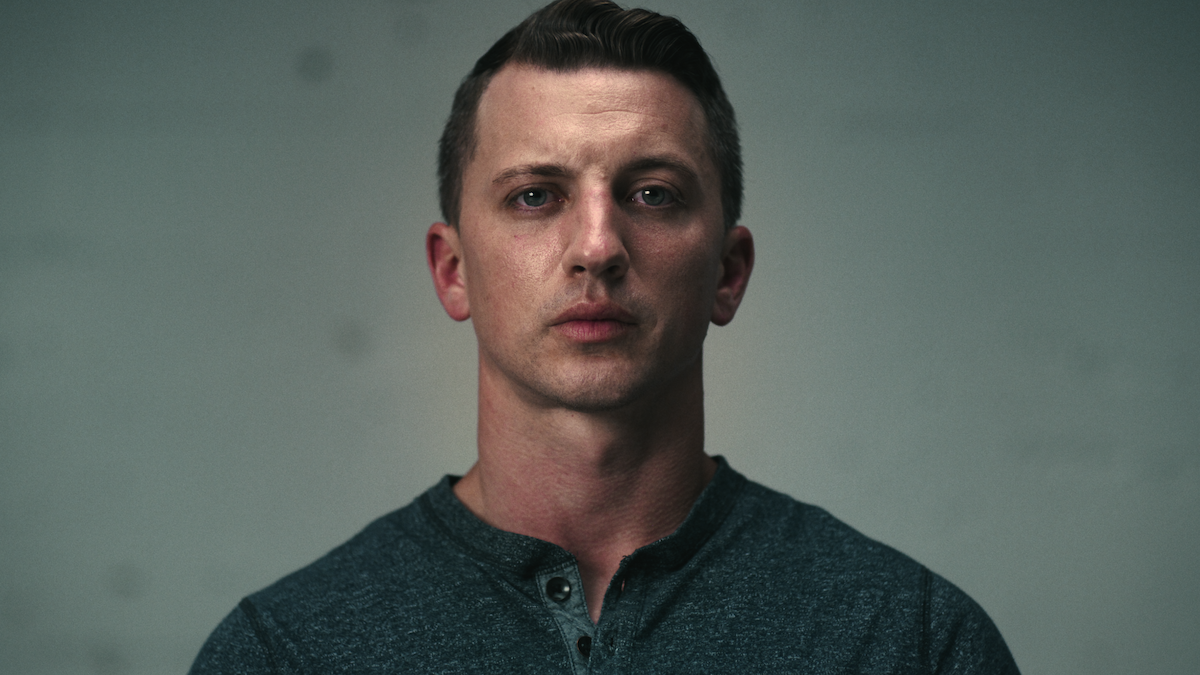
Aaron Quinn says nine years after Denise Huskins’s kidnapping, they’re still coping with not having all the answers.
“I never blamed the police for being suspicious or doubting my initial story,” Quinn tells Tudum. “I was the last person with Denise. I could be looked at as a person of interest. I foolishly believed they would follow evidence.”
Authorities accused Quinn of killing Huskins, a narrative that was only further reinforced when it was revealed that Quinn had recently been in contact with his ex, Andrea. The day before Huskins’ disappearance, Quinn says Huskins had been upset when she found some text messages between him and Andrea. But then, 48 hours later, Huskins appeared some 400 miles away, near her father’s home in Huntington Beach. Clearly unable to charge Quinn for murder, police took a different approach, saying that Huskins was lying, the kidnapping was a hoax, and maybe the couple had even planned it together.
“Even after saying I killed Denise, they made up a crazy story that we did it together,” Quinn says. “The mental gymnastics they had to go through are astounding. Even just following the basic evidence would have led them to the right conclusion, and they could have been heroes.”
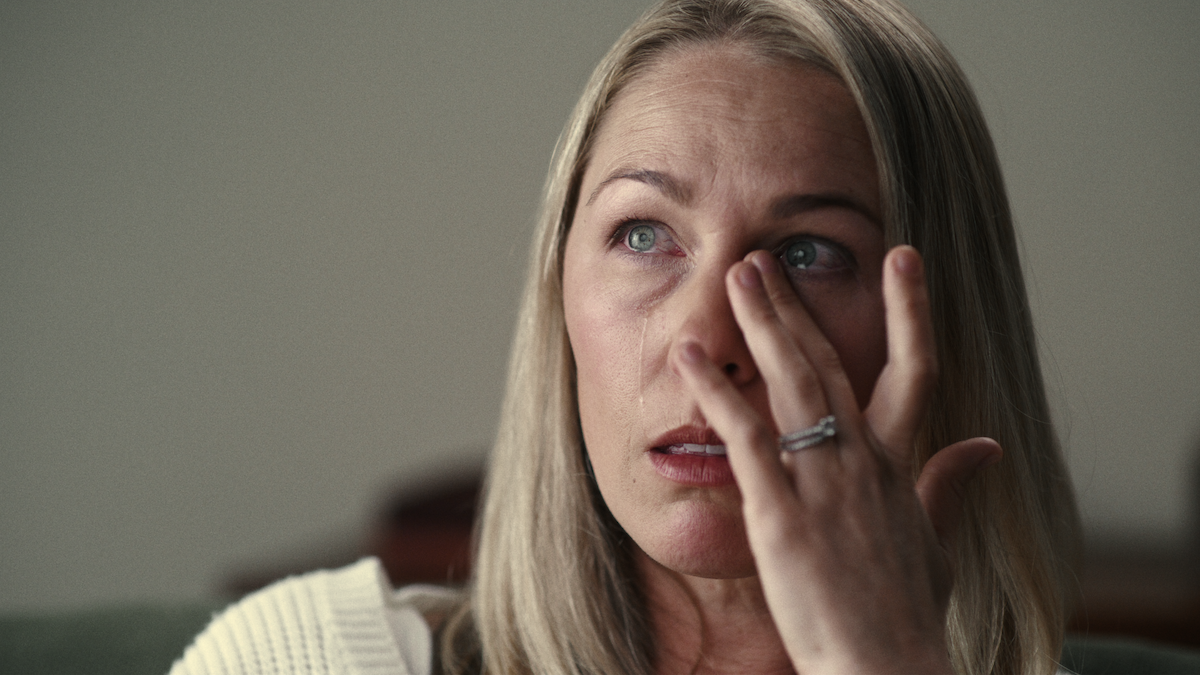
Denise Huskins hopes telling her story will help shine a light on where law enforcement process can go wrong.
Instead, Huskins and Quinn were subject to intense scrutiny, from both law enforcement and the general public — even after Huskins revealed she’d been repeatedly drugged, blinded, and raped twice. Their story was reported as a “real-life Gone Girl,” referring to the 2012 Gillian Flynn novel in which the main character, a calculating small-town housewife, stages her own kidnapping in an act of revenge against her cheating husband. Caught up in a media frenzy and reeling from the combined trauma of the kidnapping, sexual assault, and ordeal of being falsely accused, Huskins and Quinn both got attorneys — and today, both are keenly aware that not all victims have the privilege of fighting back.
“We are the lucky ones,” Huskins says. “That’s a major reason why we continue to put ourselves out there. We are the ones that had the ability to hire attorneys who stayed by our side to help ensure that we were protected as victims. We were fortunate to have an understanding of a system that’s really confusing in the first place.”
Eventually, Huskins and Quinn got their break. After Dublin, California police arrested Matthew Muller, an ex-marine, following a similar home invasion and attempted kidnapping, then-Dublin detective (now sergeant) Misty Carausu noticed a piece of evidence in Muller’s South Lake Tahoe cabin that was eerily similar to one in the highly publicized “Gone Girl” case: She was able to connect him to Huskins’ kidnapping and assault after finding a blonde hair attached to a pair of goggles. The couple say that without Carausu’s police work, their story could have ended much differently.
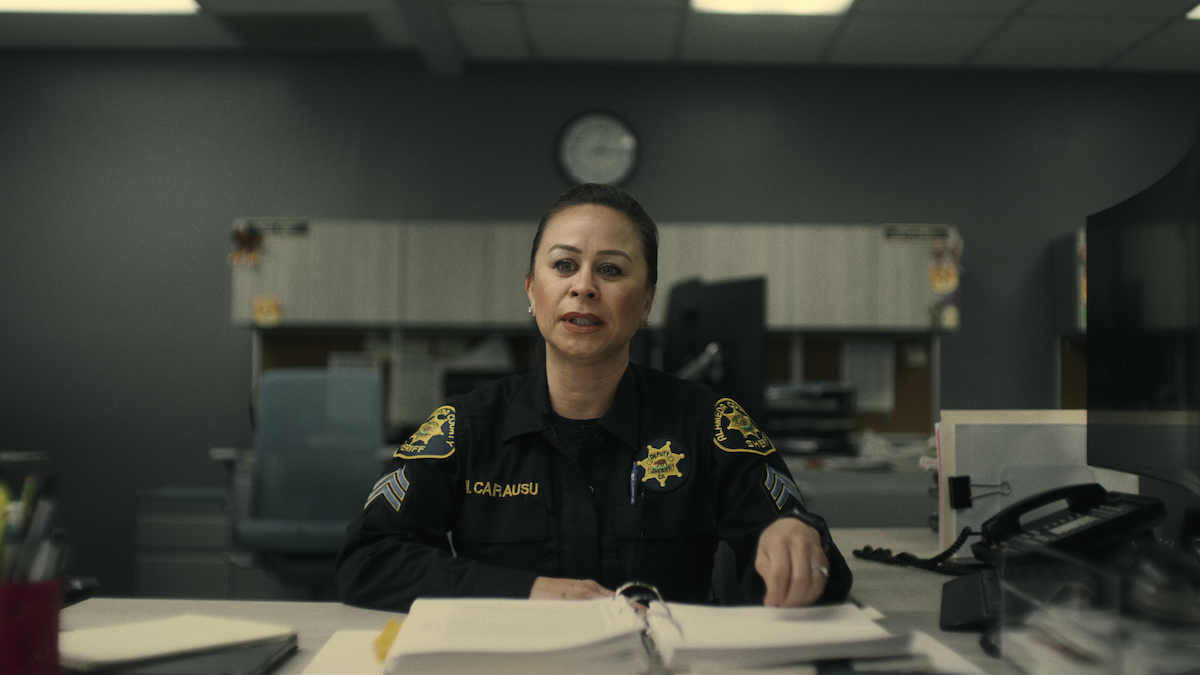
Then-detective Misty Carausu discovered evidence that connected Matthew Muller’s arrest to Huskins’ kidnapping.
“Seeing the great work of Misty, it’s so frustrating,” Huskins said. “[Vallejo police] have the ability to do better. It’s almost like a blatant refusal to. [My story] fits a bigger theme of the confirmation bias, the tunnel vision, the lack of accountability [of law enforcement]. I think it’s a cultural thing that they are sadly getting in their own way, and at the expense of innocent victims.”
Quinn says the answer to why law enforcement would remain so focused on a single narrative without taking all evidence into account is almost infuriatingly simple.
“Because they can,” Quinn says plainly. “They can do this, and they have done this.”
In the nine years since Huskins’ kidnapping, she and Quinn have found ways to make peace with a lot of what happened while supporting each other. They got married, and today they have two daughters, a 1-year-old and a 4-year-old.
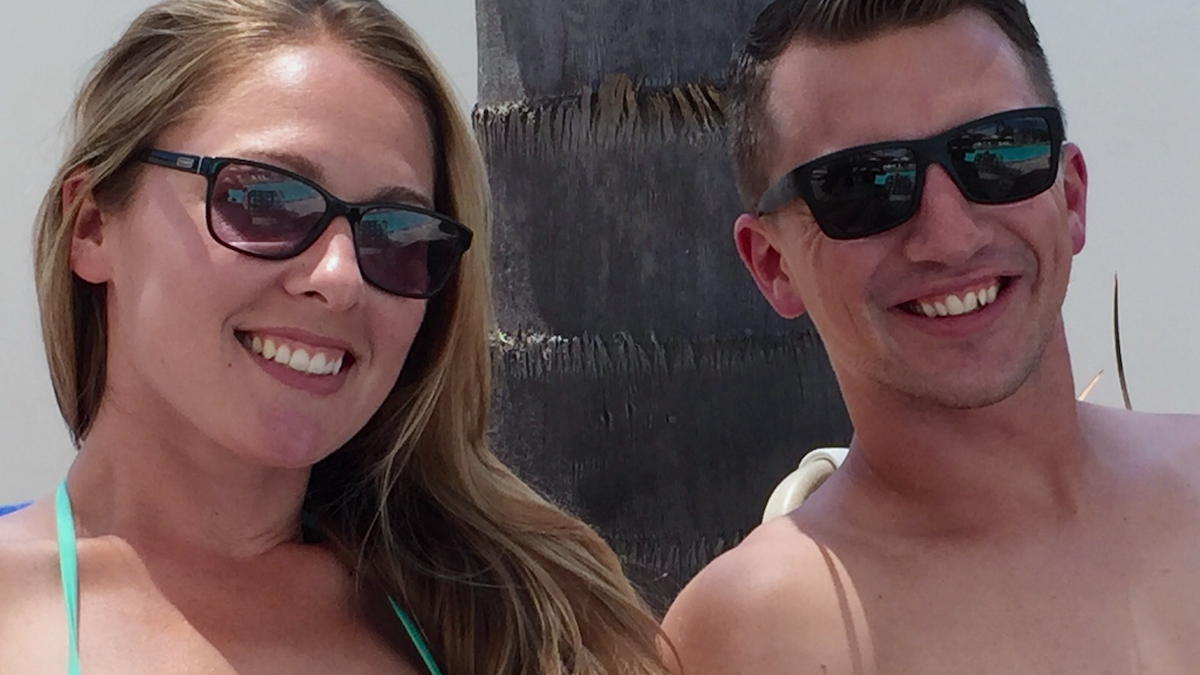
Huskins and Quinn married and now have two children.
“There’s a lot to be grateful for in our day-to-day lives, and with [our daughters], it’s even more motivation to step outside of our comfort zones and expose ourselves on a bigger scale,” Huskins says. “If we can influence any kind of change to help better society for them, then it’s all worth it.”
“We’re very fortunate to have really strong support systems from our family and friends, which was incredibly helpful to buoy [us] when we’re both struggling,” says Quinn. “And Denise is the most empathetic person I know. That made getting through this a little easier.”
To this day, they still don’t know why Huskins was kidnapped, nor do they know why countless leads weren’t followed — including the fact that Huskins insisted Muller didn’t act alone.
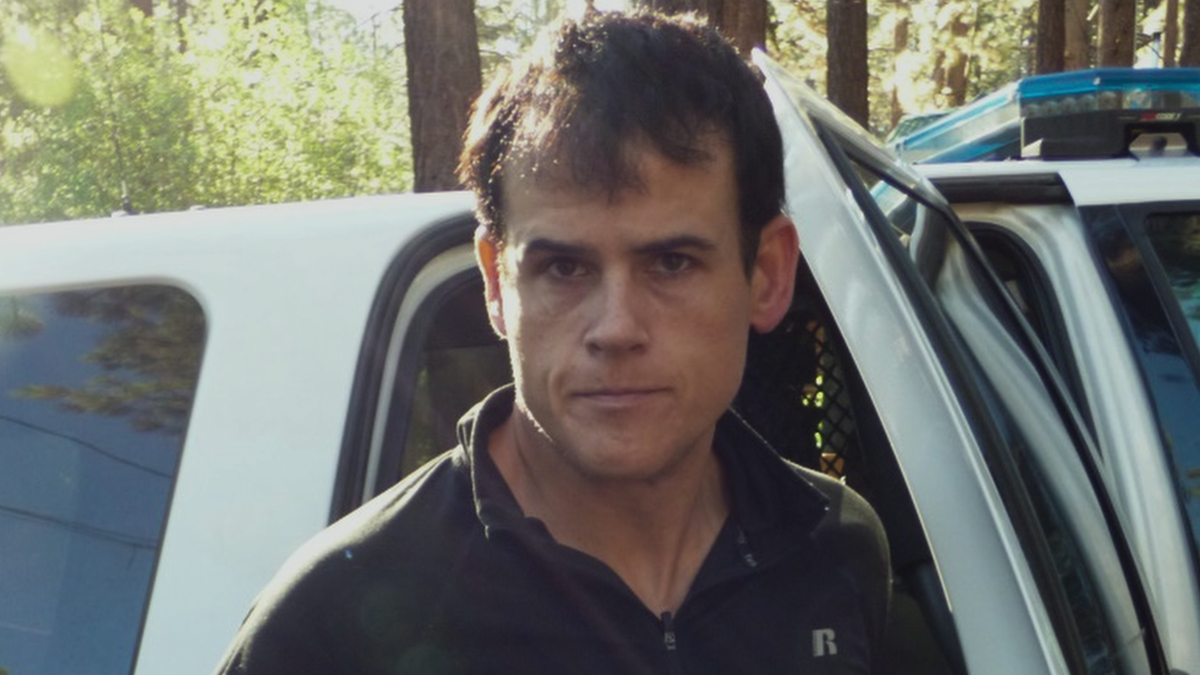
Matthew Muller photographed during his arrest.
“When Muller was caught, there was no follow-up,” she says. “[Police say] he did it alone, [and cited] his mental health and that whole thing. It just seems like it was the easiest route for investigators to go to close the books on this so they can move on and get out of the public eye as quickly as possible.”
New on Netflix in January 2024
There’s also the matter of lack accountability — in fact, Quinn says it almost seems like the bad actors in the Vallejo police department were actually rewarded for their part in the couple’s story.
“We don’t expect police to be infallible,” Quinn says. We understand that mistakes will be made. Everyone makes mistakes — it’s the lack of correcting. And even more so the people above them not holding them [accountable]. It’s this whole system geared to protect itself over protecting the public, which is what they’re sworn to do.”
